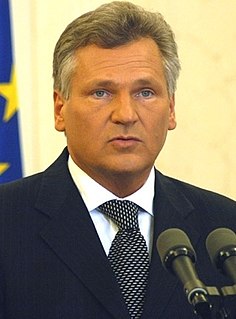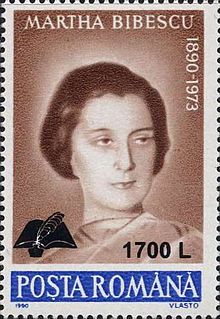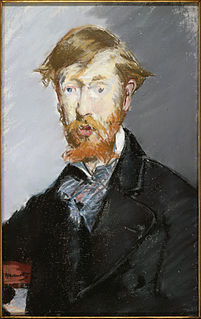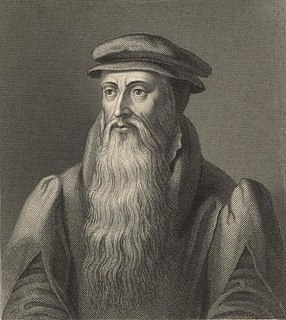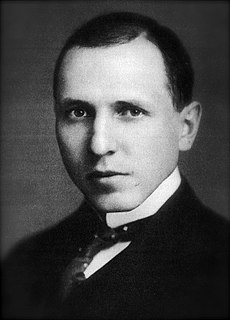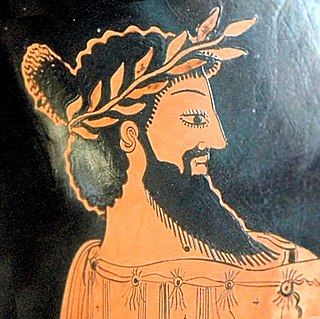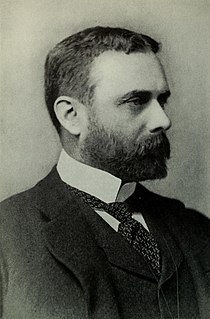A Quote by Aleksander Kwasniewski
Every man is responsible only for his own acts. The sons do not inherit the sins of the fathers. But can we say: that was long ago, they were different?
Related Quotes
To judge sins is the business of one who is sinless, but who is sinless except God? Who ever thinks about the multitude of his own sins in his heart never wants to make the sins of others a topic of conversation. To judge a man who has gone astray is a sign of pride, and God resists the proud. On the other hand, one who every hour prepares himself to give answer for his own sins will not quickly lift up his head to examine the mistakes of others.
The general consent of all that sect is that God (by his foreknowledge, counsel, and wisdom) has no assured election, neither yet any certain reprobation, but that every man may elect or reprobate himself by his own free will, which he has (say they) to do good or evil ... [All these things are] forged by their own brains, and polished by the finest of their wits, when yet in very deed they are but the rotten heresies of ... Pelagius, long ago confuted by Augustine.
One way to read the Book of Mormon is as a book of encounters between fathers and sons. Some of those encounters were very positive and reinforcing on the part of the father of a son. Some were occasions where a father had to tell his son or his sons that the path that they were following was incorrect before the Lord.
Uncleanness is so much the attribute of officials that one could almost regard them as enormous parasites...In the same way the fathers in Kafka's strange families batten on their sons, lying on top of them like giant parasites. They not only prey upon their strength, but gnaw away at the sons' right to exist. The fathers punish, but they are at the same time the accusers. The sin of which they accuse their sons seems to be a kind of original sin.
A man of the Night's Watch lives his life for the realm. Not for a king, nor a lord, nor the honor of this house or that house, neither for gold nor glory nor a woman's love, but for the realm, and all the people in it. A man of the Night's Watch takes no wife and fathers no sons. Our wife is duty. Our mistress is honor. And you are the only sons we shall ever know.
I think I could turn and live with the animals, they are so placid and self contained; I stand and look at them long and long. They do not sweat and whine about their condition; They do not lie awake in the dark and weep for their sins; They do not make me sick discussing their duty to God; Not one is dissatisfied-not one is demented with the mania of owning things; Not one kneels to another, nor his kind that lived thousands of years ago; Not one is responsible or industrious over the whole earth.
